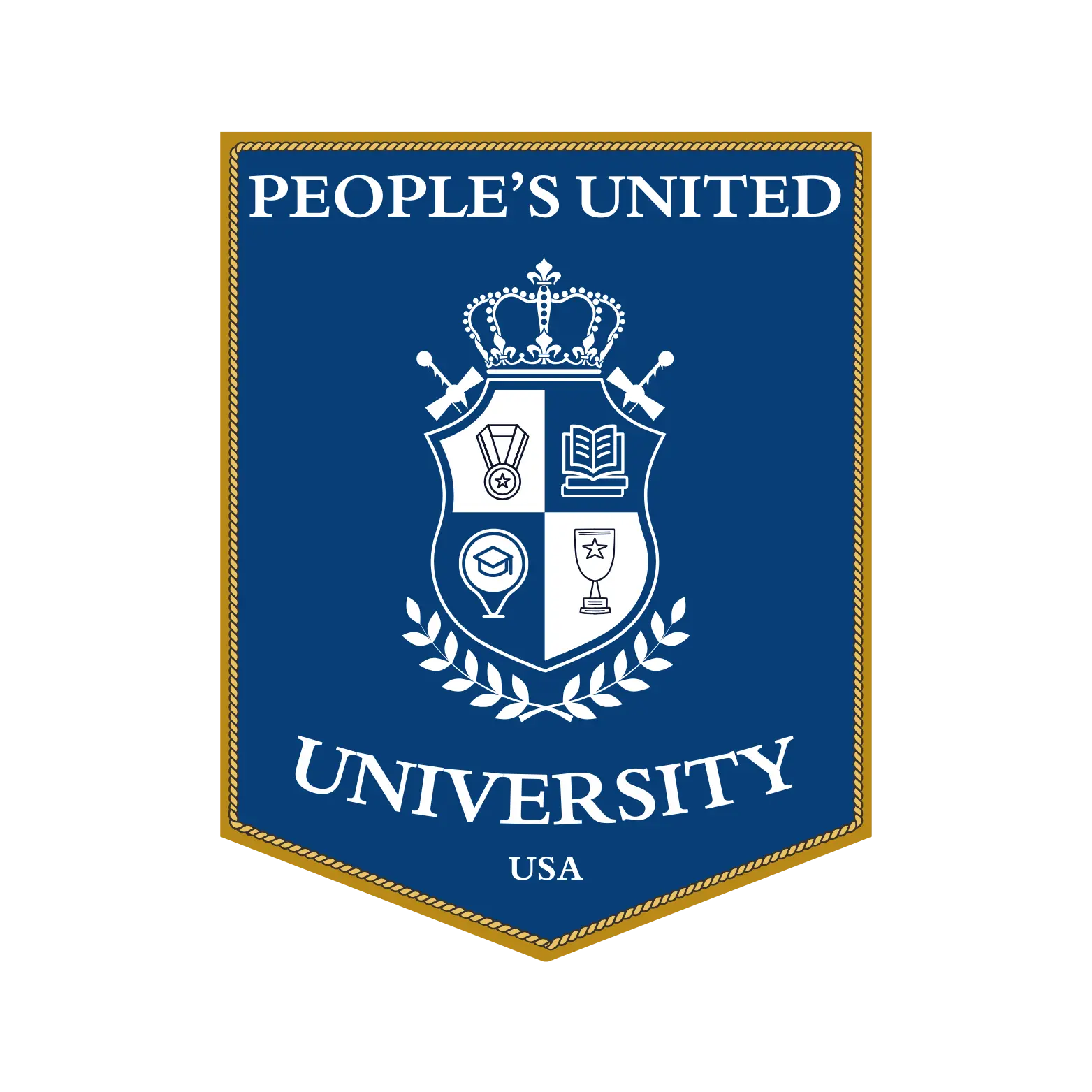Introduction
In the realm of higher education, accreditation serves as a cornerstone for ensuring quality and credibility. For institutions like People's United University, accreditation is more than a badge of honor; it's a testament to the commitment to providing exceptional education and maintaining rigorous standards. But why does accreditation matter, and what does it mean for students, faculty, and the institution as a whole? Let's dive into the world of accreditation and uncover its significance.
What is Accreditation
Accreditation is a formal recognition granted to educational institutions that meet specific standards of quality. This process involves thorough evaluation by accrediting bodies to ensure that the institution adheres to established academic and administrative criteria. There are two primary types of accreditation:
- Institutional Accreditation: Focuses on the institution as a whole, assessing its overall quality and effectiveness.
- Programmatic Accreditation: Targets specific programs within an institution, evaluating the quality and standards of those particular courses of study.
The Accreditation Process
Achieving accreditation is a comprehensive process that involves several key steps:
- Self-Study: The institution conducts an internal review to assess its strengths and areas for improvement.
- Peer Review: External experts evaluate the institution's self-study report and conduct on-site visits.
- Decision: The accrediting body reviews the findings and decides whether to grant accreditation.
Several key organizations play a vital role in the accreditation process, such as the Higher Learning Commission (HLC) and the Accrediting Council for Independent Colleges and Schools (ACICS).
Benefits of Accreditation
Accreditation brings a myriad of benefits, ensuring that the education provided meets high standards of quality. Here are some of the key advantages:

Ensuring Quality Education
Accredited institutions are recognized for maintaining rigorous academic standards, which translates to high-quality education for students

Student Benefits
Accreditation signals to the public and potential students that the institution is credible and reputable.

Enhancing Institutional Reputation
Accreditation provides students with confidence that their education meets recognized standards and improves their eligibility for federal financial aid and scholarships.
Accreditation and Employability
One of the significant advantages of attending an accredited institution is the impact on employability. Employers often prefer graduates from accredited universities as it assures them of the quality of education the candidate has received. This recognition can provide a competitive edge in the job market, opening doors to better career opportunities.


Accreditation at People's United University
People's United University has a proud history of accreditation, demonstrating its commitment to maintaining high educational standards. Currently, the university holds several accreditations, ensuring that its programs meet stringent academic criteria. These accreditations reflect the university's dedication to continuous improvement and excellence
Maintaining Accreditation
Accreditation is not a one-time achievement; it requires ongoing effort and dedication. Institutions must engage in continuous improvement and undergo regular reviews to retain their accredited status. This process ensures that the institution remains current with educational trends and maintains its quality standards.
Challenges in Accreditation
The path to accreditation is not without its challenges. Institutions may face common obstacles such as resource constraints, regulatory changes, and evolving educational standards. However, by staying adaptable and committed to quality, these challenges can be effectively managed and overcome.
Future of Accreditation
The landscape of accreditation is continually evolving. Trends and innovations such as digital accreditation processes and adaptive learning technologies are shaping the future. Institutions must stay ahead of these changes to ensure that they continue to meet accreditation standards and provide top-notch education.
Conclusion
Accreditation is a critical factor in maintaining the quality and credibility of educational institutions like People's United University. It ensures that the education provided meets high standards, benefits students, enhances employability, and upholds the institution's reputation. As the educational landscape evolves, the importance of accreditation will only continue to grow, ensuring that institutions remain committed to excellence.
FAQs
Accreditation ensures that educational institutions meet established standards of quality and effectiveness, providing assurance to students, employers, and the public.
Accreditation benefits students by ensuring they receive a quality education, improving their eligibility for financial aid, and enhancing their employability.
Yes, if an institution fails to meet the required standards during regular reviews, it can lose its accreditation, impacting its reputation and students' credentials.
Regional accreditation typically focuses on academically-oriented, non-profit institutions, while national accreditation often applies to vocational, technical, or for-profit schools.
Accreditation is usually reviewed every 5-10 years, depending on the accrediting body and the institution's specific circumstances.